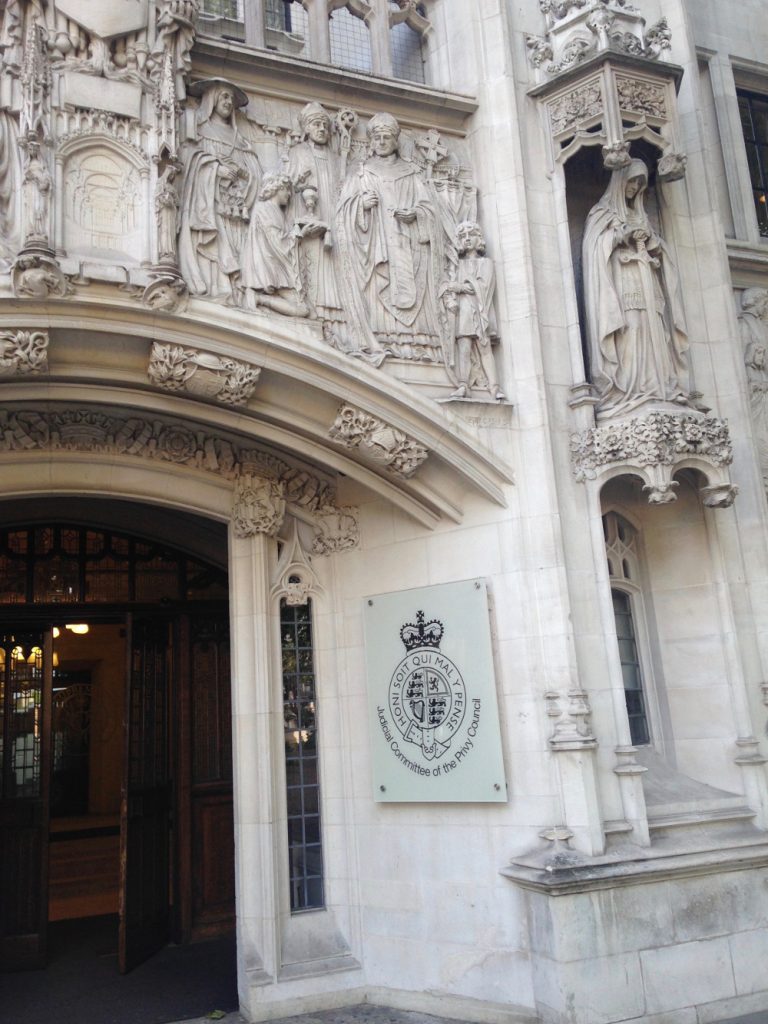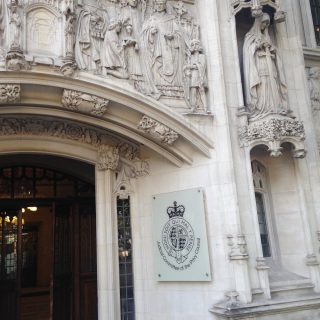On March 24th, 2020 City will play host to three Supreme Court Justices. Lord Hodge, Lord Briggs, and Lord Sales will all be present for the second annual launch of Volume II of the City Law Review. The Justices will be a part of a panel, giving students the option to submit questions and receive advice from these esteemed members of the legal community. In preparation for the event, the rest of the article will be a short spotlight on the career of each Justice and some information that might be useful to know prior to attending the event.

To begin, let us look at the career of Lord Hodge. The current Deputy President of the Supreme Court received his LLB from the University of Edinburgh but did not have the most typical path to the court; Lord Hodge started his career as a civil servant, working for the Department of Energy, the Inland Revenue Department, and then took silk.
His practice focused on commercial law, judicial review, and property law. In 2000, he became a Judge of the Courts of Appeal of Jersey and Guernsey, and then a Senator to the College of Justice. He was appointed as a Justice in 2013.

Lord Hodge made headlines last year while delivering a speech at the Edinburgh FinTech Lecture in which he offered that the law could confer a separate legal personality on the machine to help solve the ongoing legal debate around artificial intelligence. The Court has set up an advisory panel regarding the legal issues posed with AI and Lord Hodge seems to be open to innovative solutions. On top of AI or property law, you might be able to strike the favour of this justice by talking about opera, skiing, or golf.
The Right Honorable Justice Briggs studied at Magdalen College, Oxford and was called to the bar at our local Lincoln’s Inn in 1978. Before he took the silk in 1994, he was the Junior Counsel to Crown Chancery. In his early career, he accumulated an expertise in commercial and chancery work. He was appointed as the Lord Justice of Appeal in 2016, and the Deputy Head of Civil Justice in 2016.
He has had a formidable impact on the court. Lord Briggs helped shape the definition of insolvency in the case of Re Cheyne Finance plc and the label of exit consent for corporate bonds in Assenagon Asset Management and Irish Bank Resolution Corporation Limited. Lord Briggs is also widely known for his report on the structure of civil courts, known as the Briggs Review. Some of his recommendations included the addition of online court, case officers, and a review on the routes of appeal. On top of discussing his work on modernisation, students could bring up the Justice’s keen interest in sailing.
The Right Honorable Lord Sales seemed to enjoy legal education; he studied law at both Churchill College, Cambridge, and Worcester College, Oxford. He too was called to the bar at Lincoln’s Inn. Lord Sales spent part of his career representing the UK government in civil cases as the First Junior Treasury Counsel, a job sometimes referred to as the Treasury Devil. It is unclear how the Right Honorable Justice feels about that term, but he served his position well.
Lord Sales has made headlines several times in his career. In 2005, he represented the New Labour’s decision against holding a public inquiry into the Iraq War. After a diverse career, he was appointed to the Court of Appeal in 2014. Lord Sales was one of the Justices who heard the recent case of Cherry/Miller (No. 2). Lord Sales’ analysis of Article 50 TEU ensured that the UK government needed the consent of Parliament to give notice to leave the EU.

Each justice adds a unique perspective to the bench, and it is an honour for them to attend the launch. The justices will sit on a panel and will be present to answer questions and share insights about the legal field.
Moreover, the event provides the opportunity to talk to the Justices while also celebrating the work of City students. The event is free, but registration is required. Please visit the City Law Review website for more information.

